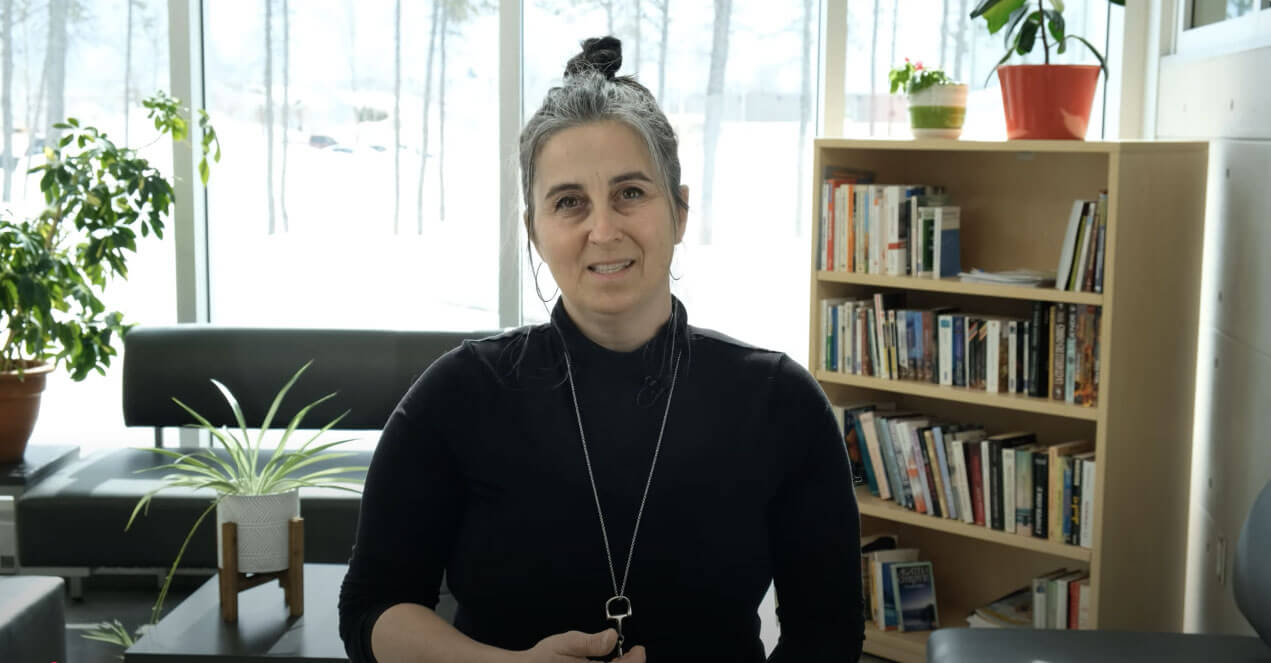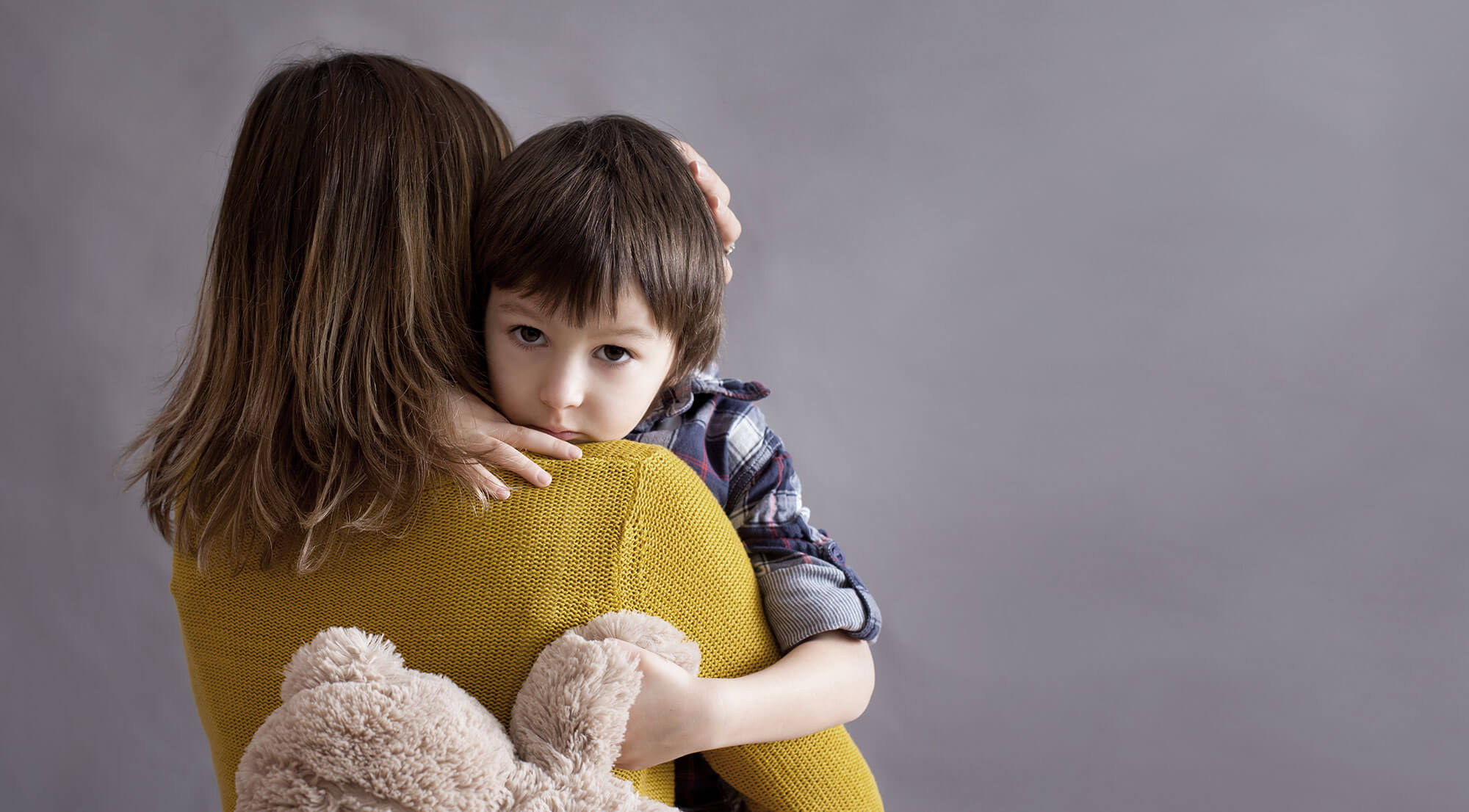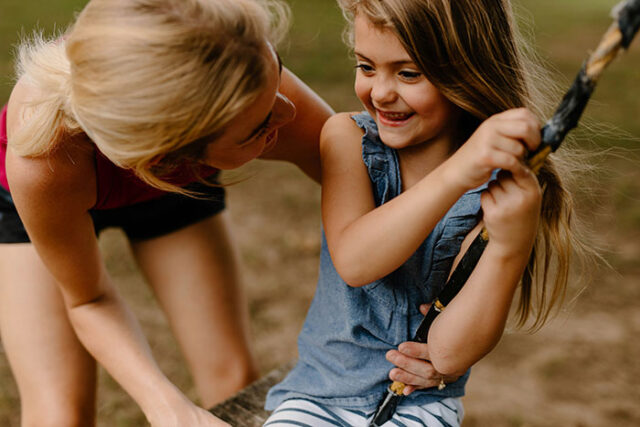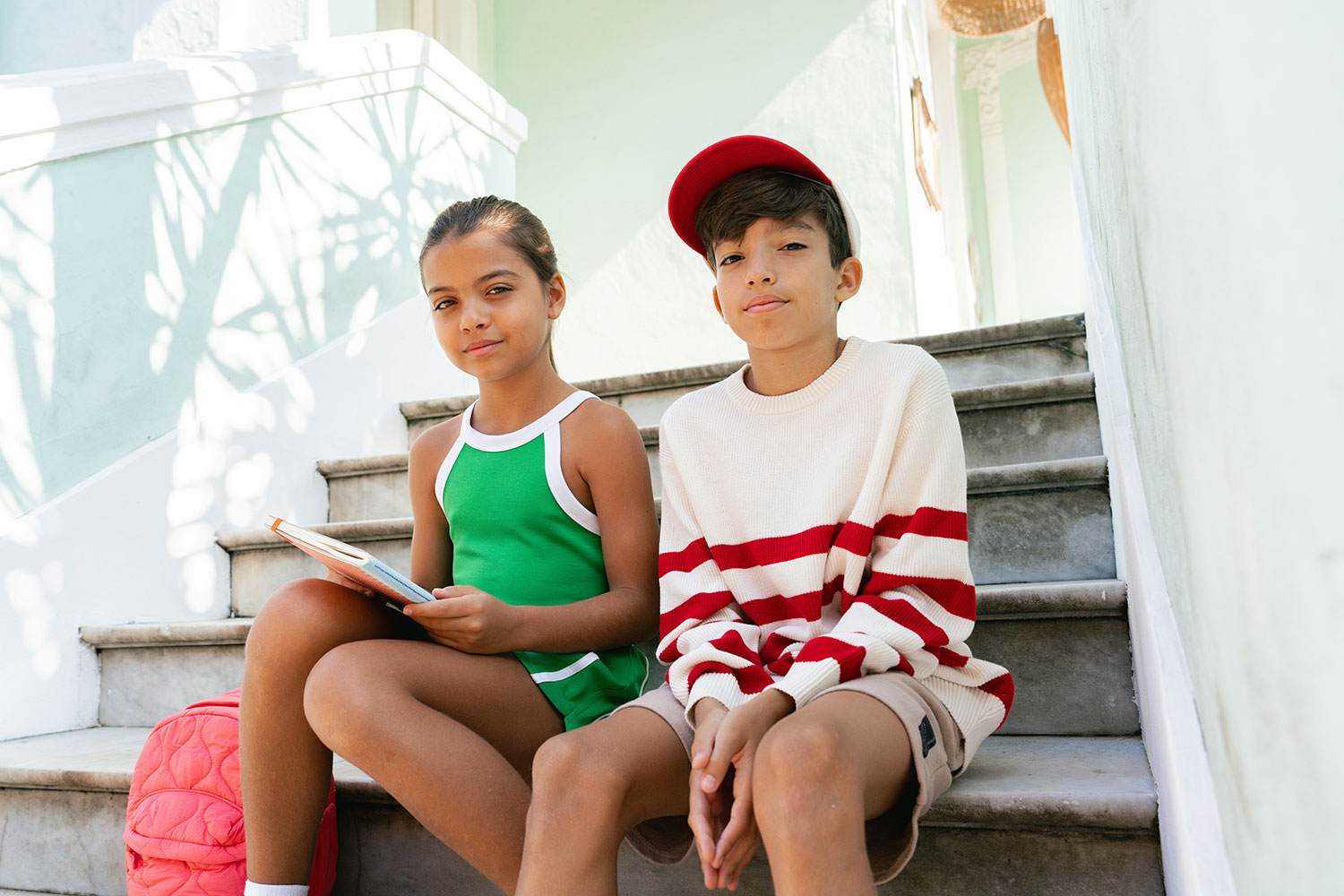
Renée Rodrigue, Psychoeducator, Centre de services scolaire du Fer
What is the difference between stress and anxiety?
Stress
It’s the way we react to a life event that we perceive as a threat or a challenge.
- It is short-lived
- It happens in the here and now
- It is related to a real situation
(the house is burning down) - It allows us to adapt and meet challenges
(a person calls 911 because the house is burning and makes sure everyone gets out quickly)
Anxiety
It’s worrying and creating scenarios about what might happen. It’s the fear of being afraid! It can be normal and healthy (see the next page).
- Helps us protect ourselves from an actual danger
- Helps us anticipate a catastrophic event
- Allows us to mobilize and find solutions
(check the batteries in the smoke detector and the accessibility of a fire extinguisher, in case the house catches fire)

When does anxiety become a problem?
When it persists over time and when it has a significant impact on a child’s life.
How do we recognize it?
- Releases natural protective mechanisms (e.g., insomnia or avoiding situations perceived as dangerous)
- Prevents us from having satisfaction in daily life
- Causes uncomfortable physical symptoms

Possible symptoms
Possible psychological symptoms
- Change of habits
- Refusal to talk
- Procrastination (putting everything off until tomorrow)
- Intense fear leading to avoidance
- Excessive control of his environment (always wanting to know where his parent is and what they are doing)
- Fear of new situations
- Refusal to go to school or participate in activities
- Difficulty making friends
- Difficulty being organized
- Excessive need for reassurance
- Irritability, tantrums, crying fits, resistance
- Low self-esteem with a sense of helplessness
Possible physical symptoms
- Headaches
- Fatigue
- Dry mouth
- Difficulty sleeping
- Difficulty concentrating
- Sense of cognitive “emptiness”
- Panic attack or difficulty breathing
- Tics or compulsions (nail biting, skin scratching, hair pulling, etc.)
- Nausea
- Increase or loss of appetite
- Diarrhea
- Stomach ache
- Tightness or pain in the chest
- Increased heart rate
- Feeling of a «lump» in the throat or choking
- Dizziness or feeling light-headed
- Chills or hot flashes
- Numbness or tingling
- Trembling
- High blood pressure
- Restlessness or difficulty keeping still
- Increased sweating
- Redness of the skin
- Muscle tension
Anxiety can be difficult to detect because it can be masked by other behaviours (resistance, tantrums, embarrassment, etc.).
If the difficulties and symptoms persist and significantly interfere with your child’s functioning, you should consult a professional.

Advice and tips
N.U.T.S. (by Sonia Lupien)
Stress triggers always contain at least one of these ingredients: N.U.T.S.
The more ingredients at play in a situation, the more stressful it is likely to be for your child.

Novelty
Something your child has never experienced is happening, like going to an unfamiliar place.
Advice : Present the new thing in a less threatening and more predictable way (Before the start of high school, you can make an appointment to tour the school).
Unpredictability
Something completely unexpected happens or your child did not know it was going to happen.
Advices :
- Get them to ask questions about what is going to happen.
- Remind them of past experiences where they adapted to a change.
Threat to the ego
Your child’s skills and self-worth are being tested. They have doubts about their abilities.
Advices :
- Help them practice their oral presentation skills.
- Remind them of past successes.
Sense of lack of control
Your child feels having little or no control over the situation.
- Offer them choices. (When moving, let them choose the colour of their room)
N.U.T.S. (S.P.I.N.) – Source
Quick solutions
Abdominal breathing
Suggest that your child do abdominal breathing to slow the heart rate down and calm breathing using 5 steps:
- Inhale and push the belly out as much as possible
- Hold his breath for a few seconds
- Exhale completely and pull the belly in
- Hold his breath for a few seconds
- Repeat as many times as desired
Replacing anxious thoughts
When your child has an unpleasant thought, help him replace it with a pleasant one.
Does your child express his fear of going to the swimming pool? (fear of drowning, afraid of being laughed at, etc.)
- Get him to see the positive side of the activity.
(being with friends, having fun, getting a reward afterwards, etc.)
Seeking solutions
Seeking solutions increases self-confidence and self-esteem and leads to success.
- Encourage your child to identify possible solutions to a situation that causes anxiety or stress.
Action Steps
It is important to take action to have control of life and avoid the victim role.
- Be physically active
- Find a distraction
(watch a movie or read a book) - Watch a funny video or a comedy show
- Spend time with friends or family
- Do good deeds
(participate in a rewarding activity, such as providing a service or volunteering)
Action steps – Source
Helpful thoughts
Never question the feelings your child has. Fear and its symptoms are very real. It’s the perception of the situation that is wrong. That’s why he needs help to see things differently.
To accomplish this, ask these questions :
- What is the worst thing that could happen to you in this situation?
- If that happened to you, would it be so terrible?
- If your friend was faced with this situation, what would he think or do?
- Are you certain about what you think is happening?
- What makes you see the situation that way?
- Is there a different way to look at the situation?
- Are you concluding too quickly that it will be a disaster?
- Have you experienced similar situations in the past that turned out well?
- Is it a given or can it be looked at differently?
Helpful thoughts – Source

